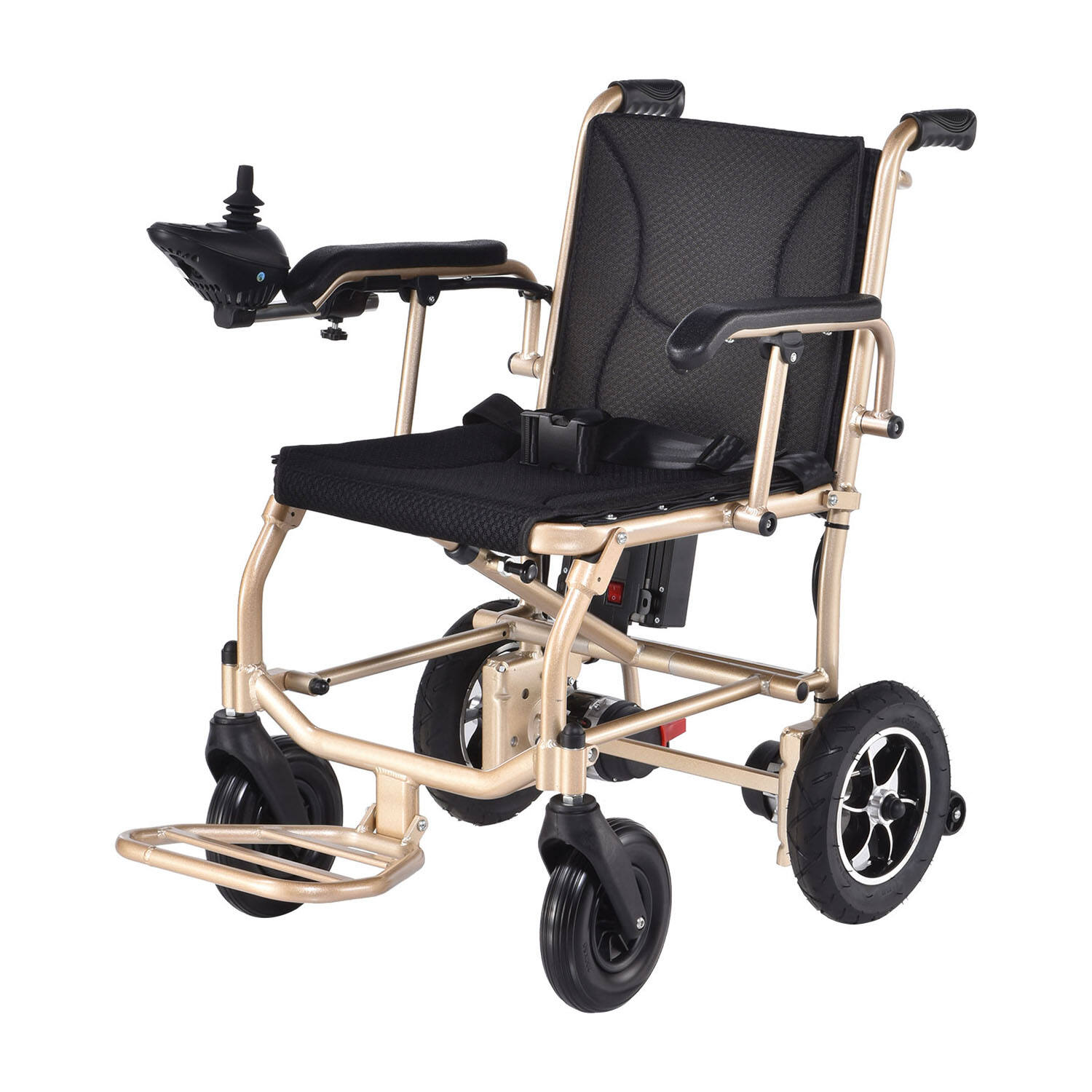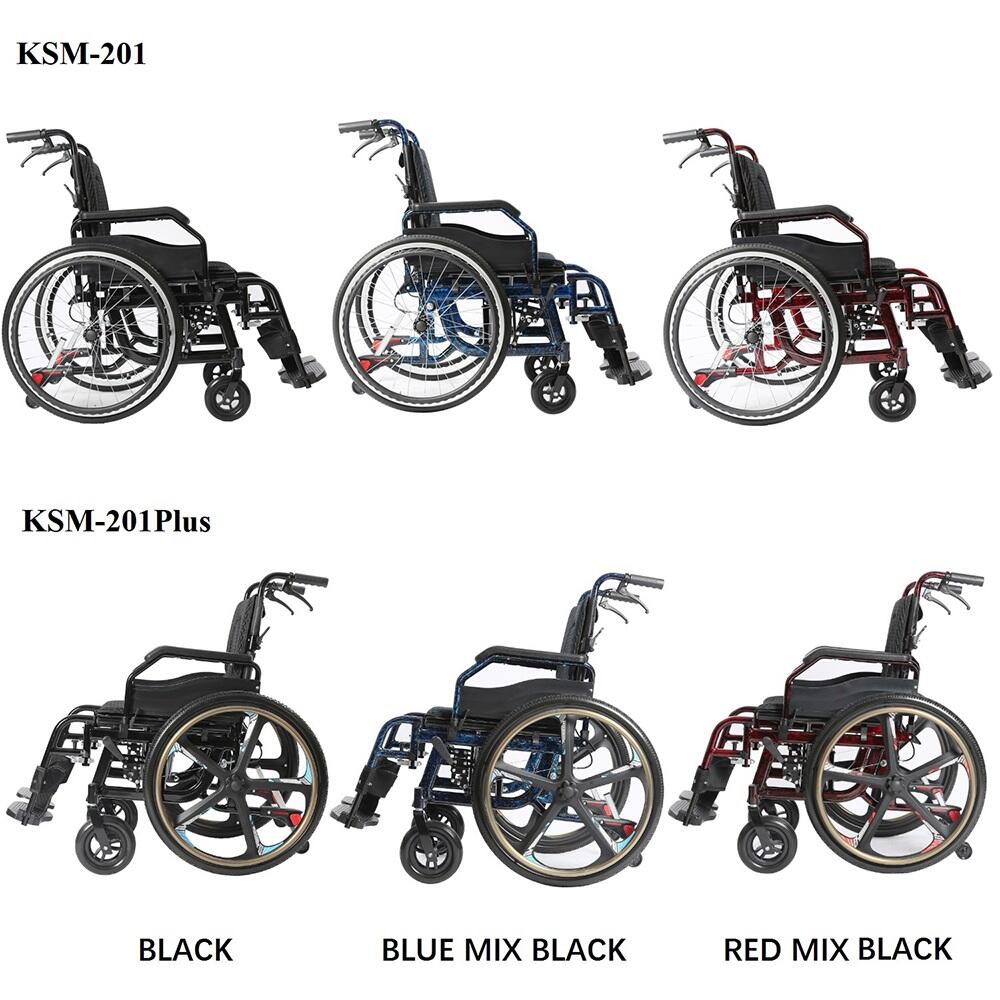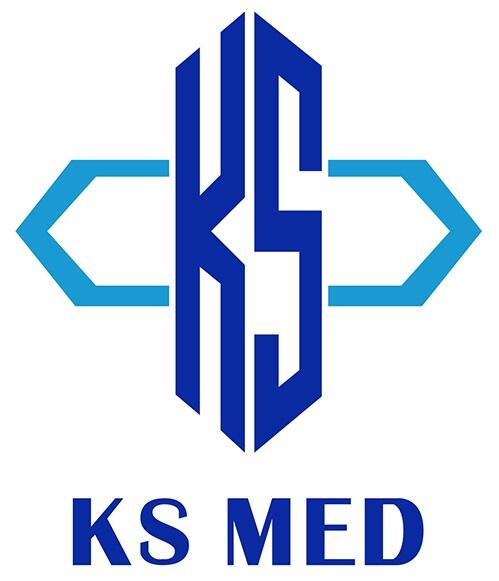The global electric wheelchair market has been experiencing robust growth over the past decade, fueled by demographic shifts, rising healthcare spending, and increasing awareness of mobility solutions. According to recent market reports, the worldwide electric wheelchair market is projected to grow at a compound annual growth rate (CAGR) of 7–8% over the next five years. This growth is driven both by developed economies seeking high-performance mobility devices and emerging markets where accessibility initiatives are gaining momentum.
The increasing prevalence of mobility impairments, particularly among aging populations, underscores the strategic importance of electric wheelchairs. Consumers and healthcare institutions are prioritizing products that combine durability, comfort, and advanced functionality. This shift has led to heightened demand for suppliers who can provide innovative solutions tailored to specific requirements. A reliable electric wheelchair factory is no longer evaluated solely on production capacity; OEM and ODM capabilities have become critical differentiators.
Furthermore, buyers are increasingly seeking versatility in product offerings. Modern users demand wheelchairs that are not only durable but also adaptable to various environments. This trend favors factories that can produce models such as foldable designs for easy transport, all-terrain configurations for outdoor use, and lightweight carbon fiber variants for enhanced maneuverability. The ability to supply a range of customized solutions positions an electric wheelchair factory as a preferred partner in the global supply chain.
Global health and rehabilitation policies also support market expansion. Government subsidies, insurance reimbursements, and accessibility regulations incentivize healthcare providers and distributors to procure advanced mobility equipment. Consequently, OEM suppliers that can meet these specifications, maintain compliance, and scale production effectively are in high demand. In this context, understanding the capabilities of an electric wheelchair factory and how it addresses customization and innovation becomes critical for businesses seeking long-term partnerships.

A leading electric wheelchair factory demonstrates a combination of technical innovation, production efficiency, and quality assurance that ensures reliable delivery to global clients. One of the most distinguishing features is the in-house development of electric control systems and motors. By designing proprietary controllers and motor units, factories can optimize performance, energy efficiency, and responsiveness. This level of technological expertise allows for integration of advanced features such as variable speed control, hill-climbing capability, and adaptive braking systems.
Another significant advantage is the factory’s ability to customize battery capacity and drive modes according to client requirements. High-capacity lithium-ion batteries can be tailored for extended range or lighter weight depending on user needs. Similarly, drive configurations—whether front-wheel, rear-wheel, or all-wheel drive—can be adapted to suit terrain, usage frequency, and operational environment. This flexibility enables distributors and healthcare providers to offer solutions that precisely match the needs of their target markets.
Product variety is also a hallmark of a capable electric wheelchair factory. Factories increasingly offer a broad spectrum of models, including foldable wheelchairs for easy transport, all-terrain models for outdoor and rugged environments, and lightweight carbon fiber variants for enhanced portability. Each model adheres to rigorous safety standards and ergonomic design principles, ensuring comfort, stability, and long-term reliability. Offering such diversity allows a factory to serve multiple market segments and respond to regional and global demand fluctuations.
Quality management is another essential characteristic. A leading electric wheelchair factory implements strict inspection protocols across all stages of production, from raw material sourcing to final product testing. Compliance with international safety standards, such as ISO and CE, guarantees that the devices meet regulatory requirements and reduce warranty claims. Additionally, advanced production lines and automated assembly processes enhance efficiency while maintaining consistency.
Finally, OEM and ODM capabilities extend beyond simple customization. A factory that can prototype new models, integrate branding elements, and accommodate functional modifications demonstrates strategic value to distributors seeking differentiated offerings. Comprehensive technical support, after-sales service, and logistical coordination further strengthen the factory’s position as a trusted global supplier.
Assessing an electric wheelchair factory’s OEM and ODM capabilities involves evaluating its ability to deliver tailored solutions efficiently and reliably. One key consideration is the factory’s engineering and prototyping infrastructure. Factories with dedicated R&D teams can rapidly design and test new models, ensuring that custom specifications—such as battery capacity, drive mode, or frame material—are feasible and safe. Prototyping tools and simulation software allow manufacturers to verify performance under various conditions before scaling production.
Material versatility is another critical factor. Leading factories utilize multiple frame materials, including aluminum alloys, steel, and carbon fiber, to balance strength, weight, and cost. This flexibility ensures that clients can specify lightweight or heavy-duty models depending on market requirements. A factory that can consistently implement material variations while maintaining structural integrity demonstrates advanced manufacturing competence.
In addition, factories with in-house electric control and motor systems can adapt operational features to meet diverse client needs. Adjustments to motor power, speed regulation, and regenerative braking can be made to suit usage patterns and regional regulations. Similarly, battery modules can be scaled for longer range or lighter weight, ensuring optimal energy efficiency and user experience.
Testing protocols are integral to assessing customization capabilities. Leading electric wheelchair factories conduct extensive performance and durability tests on customized units, simulating real-world usage such as rough terrain navigation, repeated folding and unfolding, and long-distance travel. Electrical systems undergo repeated charging cycles and stress testing to verify safety and reliability. Ergonomic evaluations, including seat comfort, adjustable components, and control responsiveness, ensure that the final product aligns with client specifications.
Operational agility is equally important. Factories that can accommodate small-batch custom orders alongside mass production demonstrate supply chain flexibility. Integration of OEM and ODM workflows into standard production processes reduces lead times and ensures timely delivery. Furthermore, factories that provide technical consultation, documentation, and training for distributors or institutional clients add significant value.
By systematically evaluating R&D capabilities, material versatility, electrical system customization, and testing procedures, distributors can identify electric wheelchair factories capable of meeting complex OEM and ODM demands. Such factories are better positioned to support global supply chains and respond to evolving market trends.

A structured cooperation workflow ensures that partnerships with an electric wheelchair factory are efficient and mutually beneficial. Initial engagement typically begins with a detailed consultation, during which client requirements for model types, battery capacities, drive configurations, and additional features are clarified. Factories then provide technical recommendations, feasibility assessments, and preliminary design concepts.
Once specifications are agreed upon, the factory develops prototypes and conducts performance evaluations. Testing includes structural integrity, electrical safety, ergonomics, and compliance with international standards. Clients are given the opportunity to review prototypes and request modifications, ensuring alignment with market needs.
Following prototype approval, production planning begins. Advanced factories integrate customized orders into scalable production lines without compromising quality. Each unit undergoes strict quality control, including in-process inspections and final audits. Certification and documentation are provided to facilitate global regulatory compliance.
Logistics and after-sales arrangements are also coordinated during this stage. Reliable electric wheelchair factories provide shipping schedules, packaging solutions, and technical support for installation or maintenance. OEM and ODM clients benefit from ongoing communication channels, ensuring smooth delivery and post-sales service.
Finally, feedback loops allow factories to refine future products. Market response, user experience, and technical performance data inform subsequent design improvements. This continuous improvement process reinforces the factory’s ability to meet evolving global demand.
By adhering to this workflow, distributors and OEM partners can establish long-term, strategic relationships with electric wheelchair factories, ensuring consistent product quality, timely delivery, and customer satisfaction across diverse markets.
 Hot News
Hot News2025-05-15
2025-05-15
2025-05-15
2025-05-15
 ONLINE
ONLINE ONLINE
ONLINE
Copyright © 2025Ningbo Ks Medical Tech Co., Ltd. all rights reserved - Privacy policy